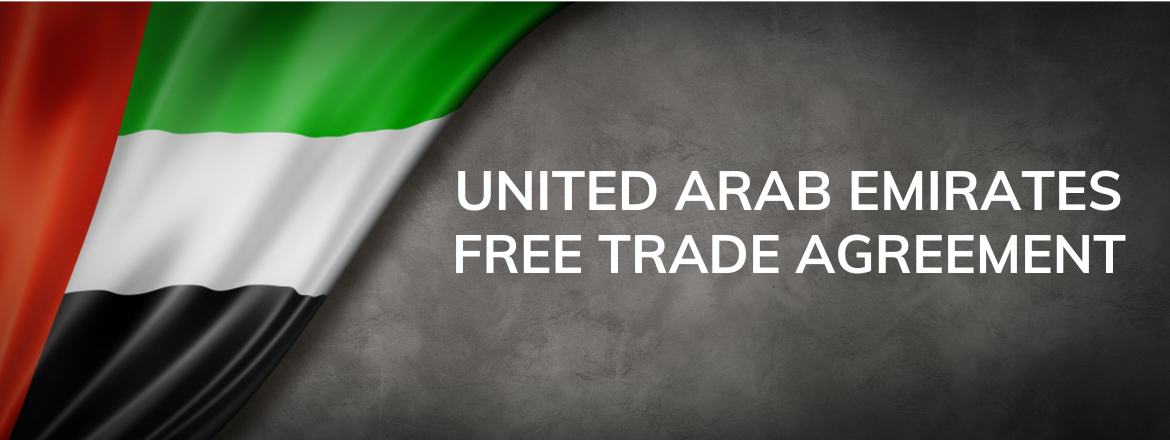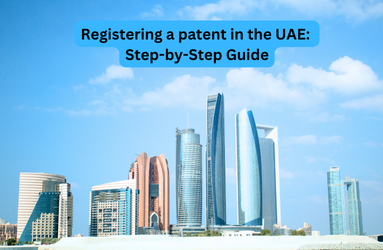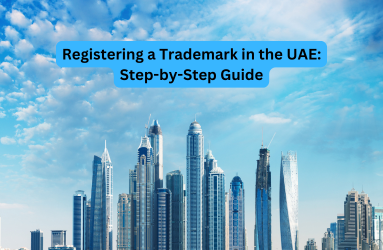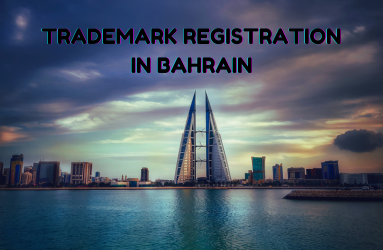A Brief Introduction to the UAE's Involvement in Free Trade Agreements (FTAs)
From the opening of Port Rashid in Dubai on October 5, 1972, to the present day, the UAE has established itself as a prominent global economic hub in the Middle East. The country has welcomed businesses from around the world, serving as an oasis for regional business growth. This economic expansion has provided thought leaders with the opportunity to expand their businesses and establish the UAE as the point of origin for their enterprises.
A significant contributing factor to this successful growth is the country’s free trade agreements established towards the end of the last century. Notable agreements include becoming a contracting party to the General Agreement on Tariffs and Trade in 1994 and joining the World Trade Organization in April 1996.
These agreements have enticed the Emirates to create a platform for global market participation, offering significant advantages such as the protection and promotion of foreign investments, the reduction or elimination of tariffs, and the protection of intellectual property rights.
In this article, we will particularly focus on how the UAE’s Free Trade Agreements (FTAs) have positively impacted the protection of trademarks and intellectual property for both local and global businesses.
Understanding Free Trade Agreements (FTAs): The Rundown
Free Trade Agreements (FTAs) are agreements signed between two or more countries with the intention of liberalizing bilateral and multilateral trade among the involved parties. As previously mentioned, agreements between these countries introduce advantages that foster economic growth and provide opportunities for businesses to compete in the global market. Moreover, they ensure added security for businesses to safeguard their intellectual property rights, including trademarks.
How FTAs Protect Trademarks: Security Worth the Admission
The protection of foreign businesses operating outside their home jurisdictions has presented significant contemporary challenges that fall within the scope of FTAs. To address these challenges, the UAE has responded by updating and amending old legislation, notably Federal Law No. 37 of 1992 (“Trademark Law”), which regulates trademarks in the UAE.
As of 2021, this law has been updated to accommodate the registration of well-known brands like McDonald’s or Apple. This new framework allows these high-profile companies to be recognized as well-known trademarks, facilitating their establishment in the UAE while assisting small businesses in avoiding potentially costly legal disputes.
In today’s market, businesses with well-known trademarks often find themselves competing in markets beyond their original jurisdiction. FTAs facilitate the transition into these markets by including bylaws aimed at protecting patents and trademarks, thereby reinforcing the protection of intellectual property rights. This ensures that the UAE maintains reinforced baseline standards for IP protection, improves the overall registration process, and removes ambiguity surrounding the protection of well-known trademarks in the UAE.
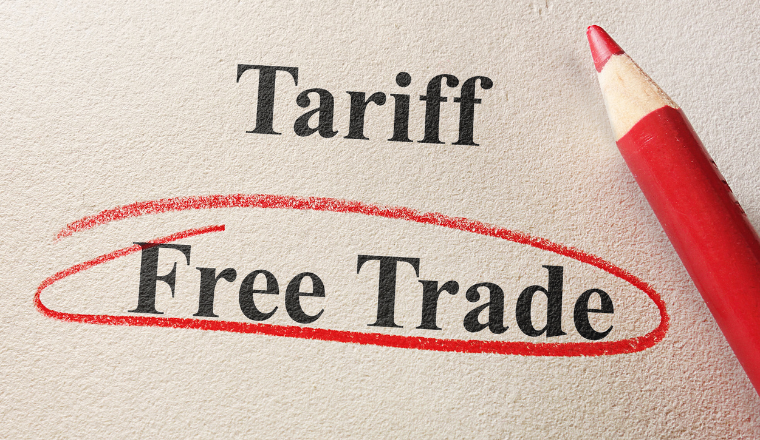

Conclusion
Free Trade Agreements (FTAs) serve as a highly effective mechanism for driving economic growth and safeguarding intellectual property interests in the UAE. They have enabled both local and foreign brands to protect themselves from infringement and its wide-ranging repercussions, whether intentional or inadvertent.
At Abou Naja, we understand the profound significance of your trademark and the pivotal role it plays in shaping your business's reputation and profitability, especially when expanding operations to the UAE. We highly recommend that you initiate the registration of your intellectual property as soon as you enter the UAE.
Interested in delving deeper into this subject? We invite you to consult with our experts, who will ensure that you are equipped with the necessary tools to establish an unequivocal plan that will robustly safeguard your trademark. Feel free to contact us at [email protected] for a complimentary consultation.

